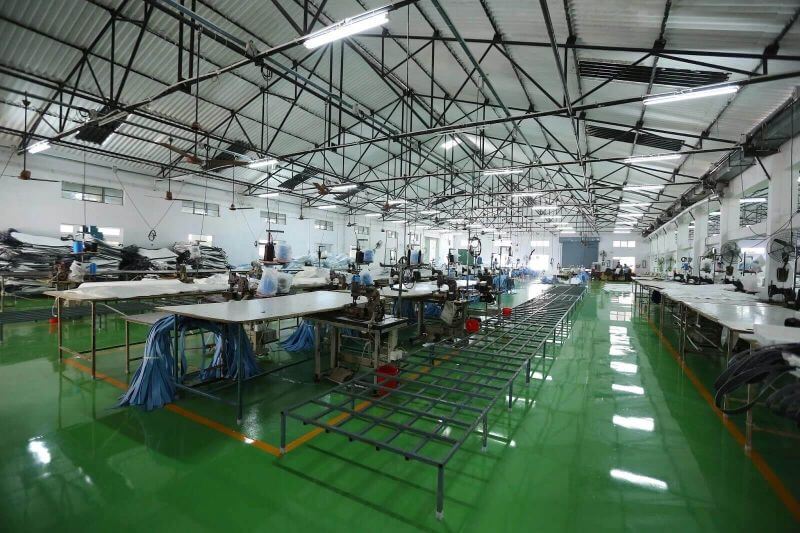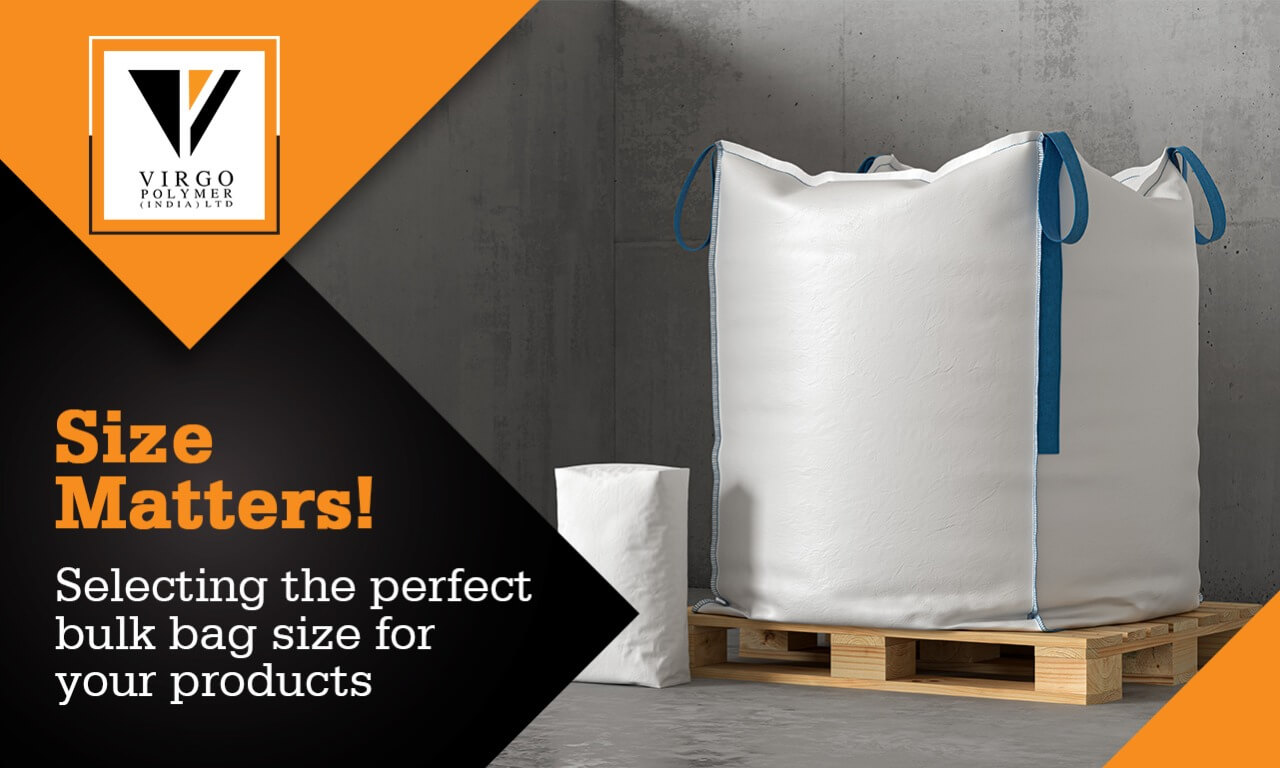



When it comes to bulk material handling, storage, and transport, FIBCs are the go-to choice for businesses. But how do you know that your Bulk Bag is the perfect size for the product? Since these bags come in a range of sizes and different dimensions, it is important that businesses choose the right size that perfectly stores the goods being stored or transported. Below are a few parameters that help you determine the right size of your bulk bag.
Material DensityWhere low-density materials weigh less, they might require a larger space as opposed to high-density products which require lesser space. In case of heavier products, a smaller bag is recommended which allows the volume of the bag to handle more pressure per square inch of the space, without any damage.
Bulk Bag DimensionsWhile calculating the right size for your bag, keep in mind that during transportation, only a portion of the bulk bag comes in contact with the carrier, which is the base of the bag. But one also needs to consider the fact that these bags are flexible in nature. If filled to its optimum capacity, the bags could potentially belly at the sides which then increases the dimension by up to 20%. This could be prevented by using internal baffles as an additional feature in the bulk bag.
Carrier SizeIn this case, we are referring to the size of your carrier i.e. the storage or transport unit. One must ensure that the bag is perfectly sized to fit inside the carrier. Make sure that the width and length of the bag is in proportion with the carrier capacity so your FIBC can be properly fitted into the carrier without causing any damage to the materials within.
Design Features That Impact The Size Of Your Bulk Bag Lifting LoopAvailable in a range of sizes, the lifting loops are designed for bags that require the use of a forklift. They hang along the sides of the bag when unused and when in use, they require an overhead clearance increasing the size of the bag.
Filling InletThis feature is usually on the top of the bag since this acts as the opening from where the product is filled into the bag. This is another aspect that helps determine the size of the bag since bulk bags are not filled to 100% capacity. 90% of the bag is filled allowing complete closure of the filling inlet.
Discharge OutletWhy the discharge outlet affects the size of the bulk bag is because the size of the outlet is often customized as per the product being stored and transported. Where some materials require a smaller outlet for a controlled release, some need a larger discharge outlet.
Taking the aforementioned factors into consideration, the size of the FIBC must be calculated to ensure that the bag and materials are both protected from any possible damage.